Security News
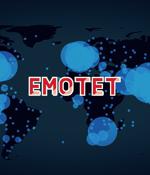
While monitoring the Emotet botnet's current activity, security researchers found that the Quantum and BlackCat ransomware gangs are now using the malware to deploy their payloads. "The Emotet botnet has fueled major cybercriminal groups as an initial attack vector, or precursor, for numerous ongoing attacks," security researchers at intelligence company AdvIntel said.
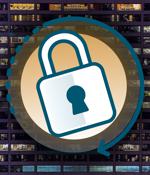
Q-Day represents the day that quantum computers will reliably use the superpositioning power of multi-state qubits to break encryption algorithms that are widely used around the world to enable e-commerce, data security and secure communications. With such threats on the horizon, many organizations are facing the same challenge - implementing a strong quantum security strategy ahead of Q-Day to protect themselves and their customers from quantum attacks.
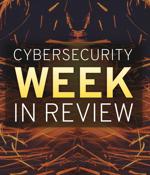
Apple strengthens security and privacy in iOS 16Apple announced additional security and privacy updates for its newest mobile operating system. Government guide for supply chain security: The good, the bad and the uglyJust as developers and security teams were getting ready to take a breather and fire up the BBQ for the holiday weekend, the U.S.'s most prestigious security agencies dropped a 60+ page recommended practice guide, Securing the Software Supply Chain for Developers.

PQShield published a white paper that lays out the quantum threat to secure end-to-end messaging and explains how post-quantum cryptography can be added to the Signal secure messaging protocol to protect it from quantum attacks. The company is offering to license its end-to-end encrypted messaging IP to the Signal Foundation pro bono - if/when they plan to upgrade their system - to support the non-profit behind the free encrypted messaging app, Signal, in its mission to make secure communication accessible to everyone.
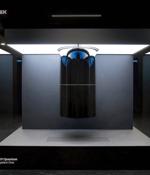
Although quantum computing is not commercially available, CISA urges organizations to prepare for the dawn of this new age, which is expected to bring groundbreaking changes in cryptography, and how we protect our secrets. Quantum computers are systems that harness quantum mechanics to perform much more powerful computations than are available today on systems that rely on binary computations.

The Dominican Republic's Instituto Agrario Dominicano has suffered a Quantum ransomware attack that encrypted multiple services and workstations throughout the government agency. Local media reports that the ransomware attack occurred on August 18th, which has impacted the agency's operation.

India's military has celebrated the nation's Independence Day by announcing it will adopt locally developed quantum key distributiontechnology that can operate across distances of 150km. While the likes of Toshiba offer a commercial service, current implementations such as a network in London span just 32km. India's military announced it has trialled tech that operates over 150km, and now plans to buy it and put it to work.
![S3 Ep95: Slack leak, Github onslaught, and post-quantum crypto [Audio + Text]](/static/build/img/news/s3-ep95-slack-leak-github-onslaught-and-post-quantum-crypto-audio-text-small.jpg)
If we turn back the clock to five years ago, that's when Slack started leaking hashed passwords. If you're a Slack user, I would assume that if they didn't realise they were leaking hashed passwords for five years, maybe they didn't quite enumerate the list of people affected completely either.

Current quantum computers are still toy prototypes, and the engineering advances required to build a functionally useful quantum computer are somewhere between a few years away and impossible. The idea is to standardize on both a public-key encryption and digital signature algorithm that is resistant to quantum computing, well before anyone builds a useful quantum computer.
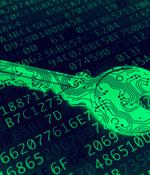
A late-stage candidate encryption algorithm that was meant to withstand decryption by powerful quantum computers in the future has been trivially cracked by using a computer running Intel Xeon CPU in an hour's time. The algorithm in question is SIKE - short for Supersingular Isogeny Key Encapsulation - which made it to the fourth round of the Post-Quantum Cryptography standardization process by the U.S. Department of Commerce's National Institute of Standards and Technology.